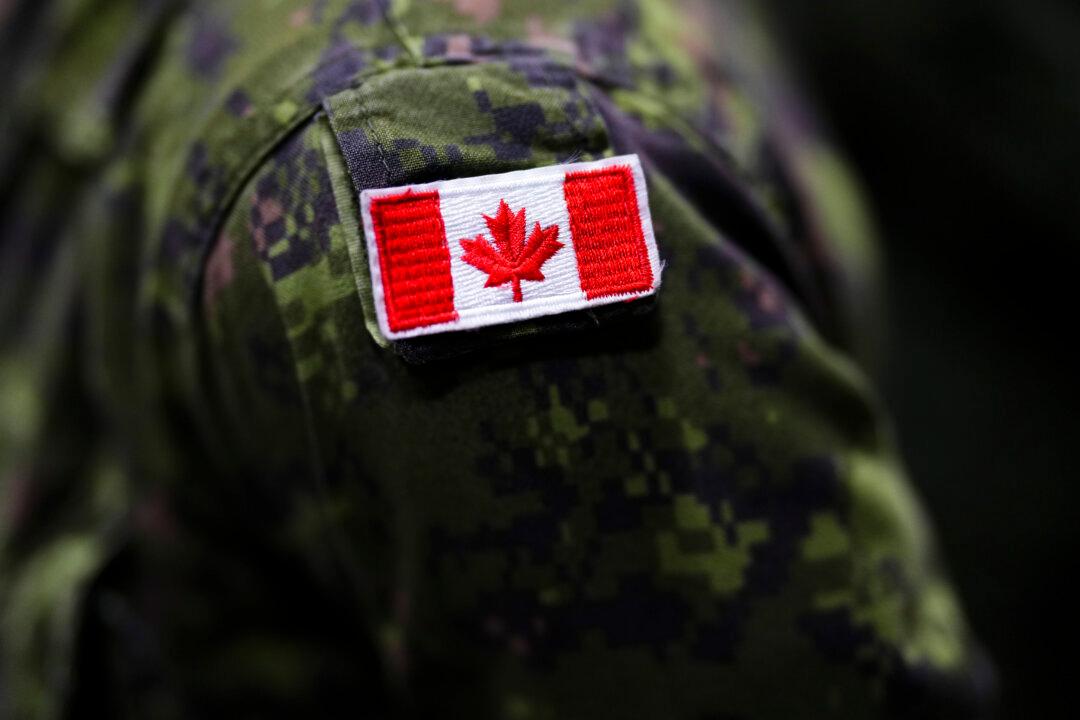TORONTO—Canadians and their governments scrambled on Thursday to come to grips with the COVID-19 pandemic as case numbers rose, social distancing ramped up, and everyday life morphed into an abnormal new normal that could last months.
Amid growing and widespread economic turmoil, isolation measures that have shuttered bars, restaurants and entertainment venues have idled a dizzying number of workers. Distress hotlines have seen a surge in calls.





